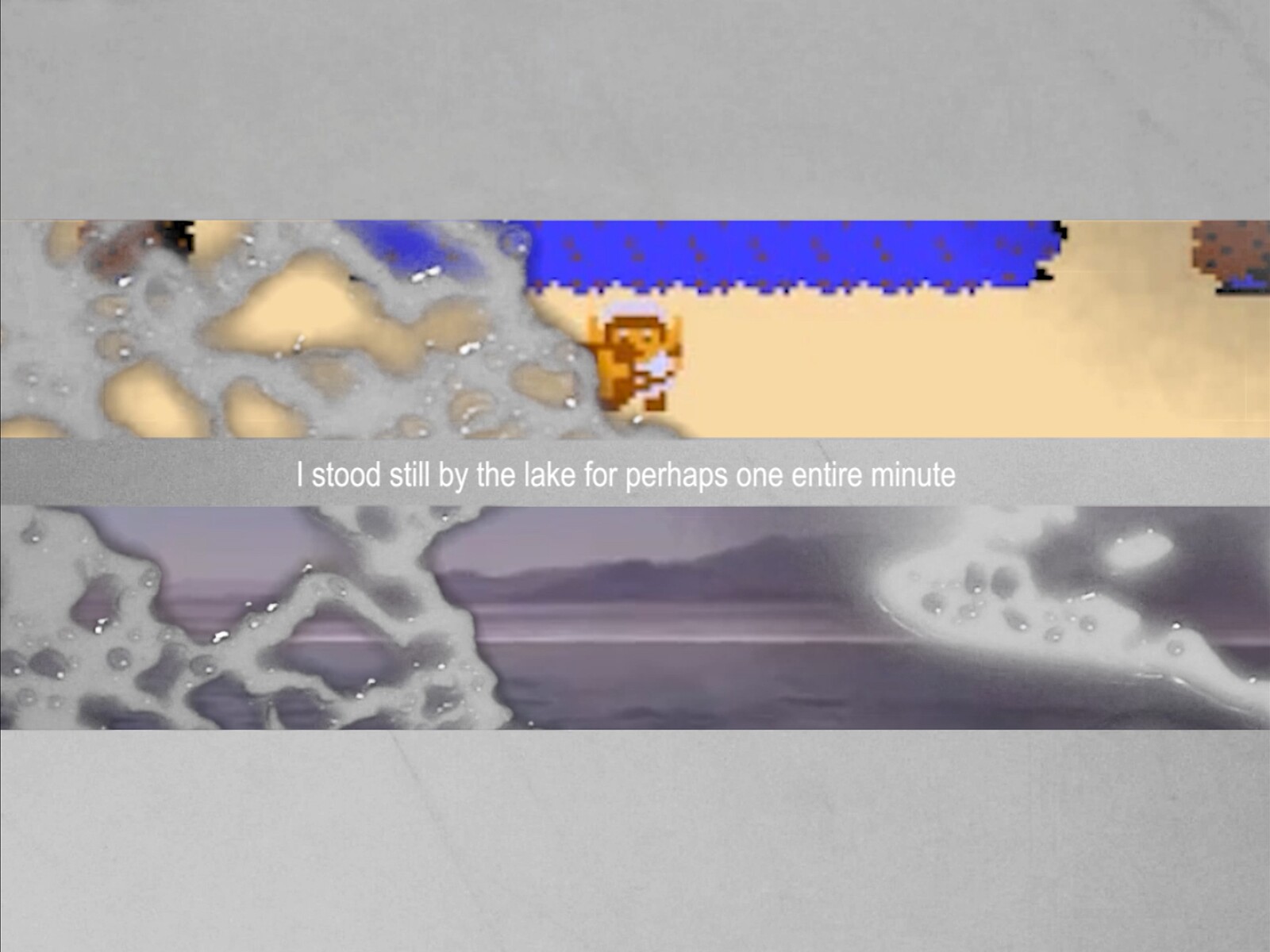Grillostr. 34
46045 Oberhausen
Germany
T +49 208 8252652
F +49 208 8255413
info@kurzfilmtage.de
On May 10, 2021, an international jury awarded the e-flux Prize for “an exceptional film and video work which reshapes the poetic and electric potential of moving images in the age of planetary circulation of information,” worth 3,000 euros, to Un très long temps d’exposition (A Very Long Exposure Time) by Chloé Galibert-Laîné (France, 2020, 7 minutes, colour and black and white) “for its astute and poetic exploration of time, recording technologies, and erasure of workers and Indigenous identity from a perspective both personal and critical; and for uniting these expressive themes through compact and modest means,” the jury stated.
The work is a meditation on the respective temporalities of different image technologies. An investigation of the explicit and unspoken ideologies encapsulated in technology, the film unfolds as a web of apparently unrelated stories, progressively revealing patterns of technologically-determined political erasure.
Members of the jury were Paola Buontempo (director and cinematographer, Argentina), Daniel Kasman (curator for MUBI, USA) and Carly Whitefield (assistant curator, international film, Tate Modern, UK). The work was also awarded the Online Prize of the Jury of the Ministry of Culture and Science of North Rhine-Westphalia.
The e-flux Prize has been awarded in the International Competition at Oberhausen since 2015. The 2021 Prize was awarded for the first time in the Festival’s newly launched International Online Competition. The International Short Film Festival Oberhausen is the oldest of its kind in the world and one of the major intersections of film and art, known for its focus on experimental and avant-garde works.
The 68th International Short Film Festival Oberhausen will take place from April 30 to May 9, 2022.
About the artist:
The French filmmaker and researcher Chloé Galibert-Laîné works with different forms (texts, films, video installations and live performances) to explore the intersections between cinema and online media. She is particularly interested in questions related to modes of spectatorship, gestures of appropriation, processes of knowledge production and mediated memory.
